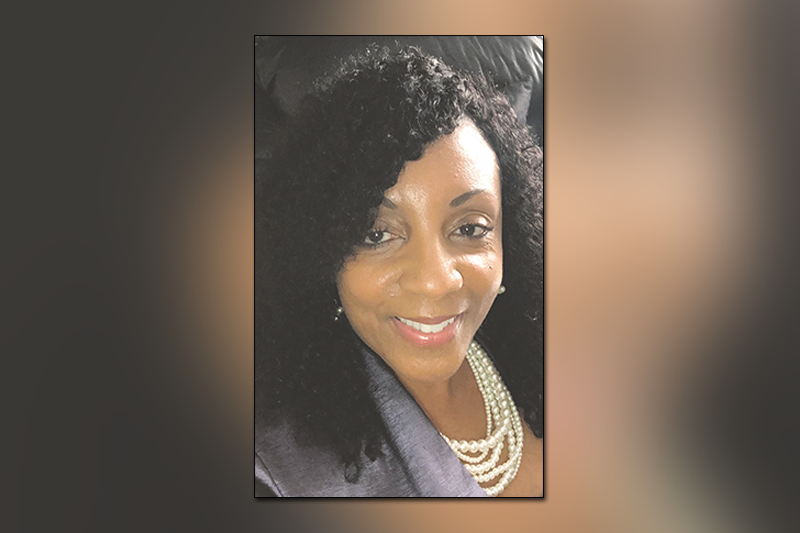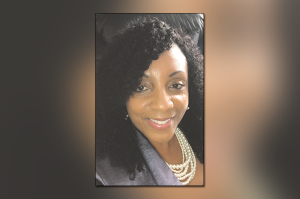iHeart Over Heels


 When the doctor told her to monitor herself for 48 hours, Wilson decided differently. She went to St. Anthony’s Hospital to the emergency room. After they ran lab test and imaging, it was determined that she would have to stay overnight. They put her on a heart monitor, which led to further testing. Her concern was with accuracy.
When the doctor told her to monitor herself for 48 hours, Wilson decided differently. She went to St. Anthony’s Hospital to the emergency room. After they ran lab test and imaging, it was determined that she would have to stay overnight. They put her on a heart monitor, which led to further testing. Her concern was with accuracy.